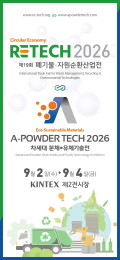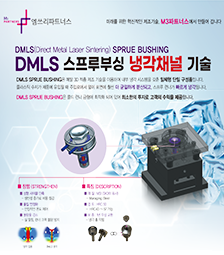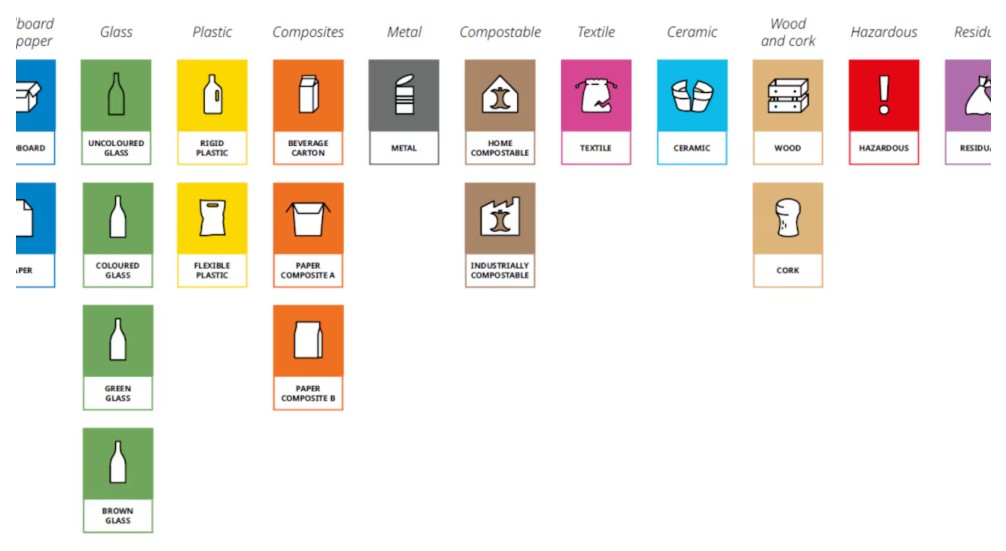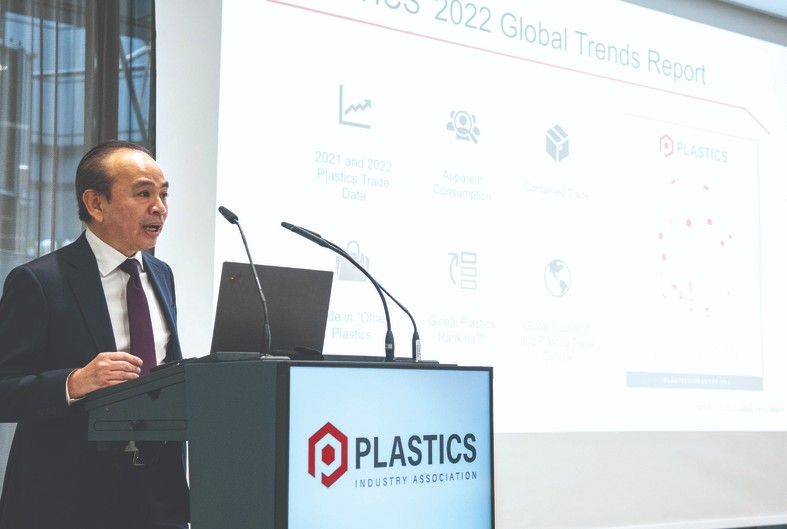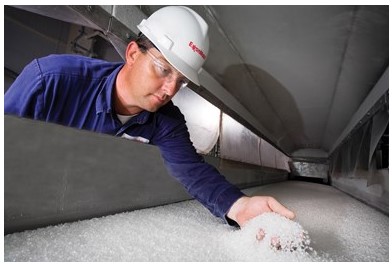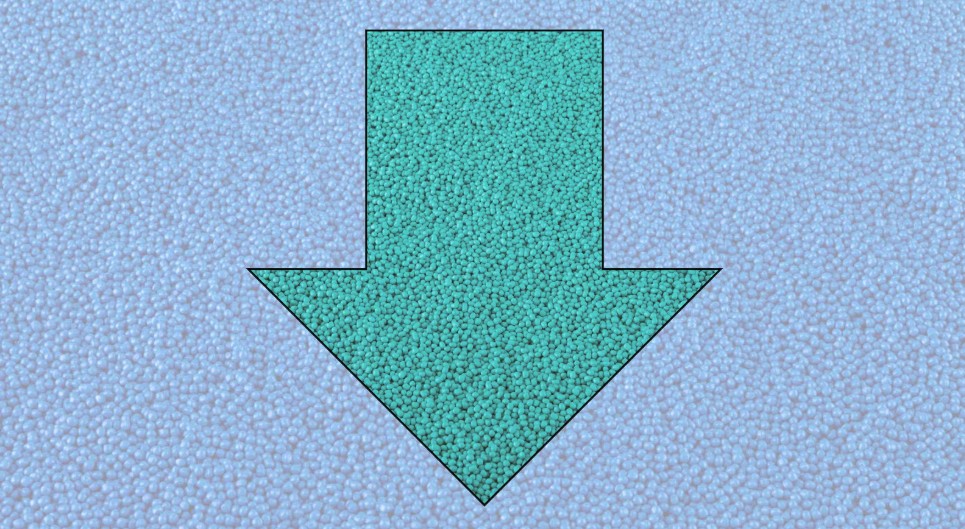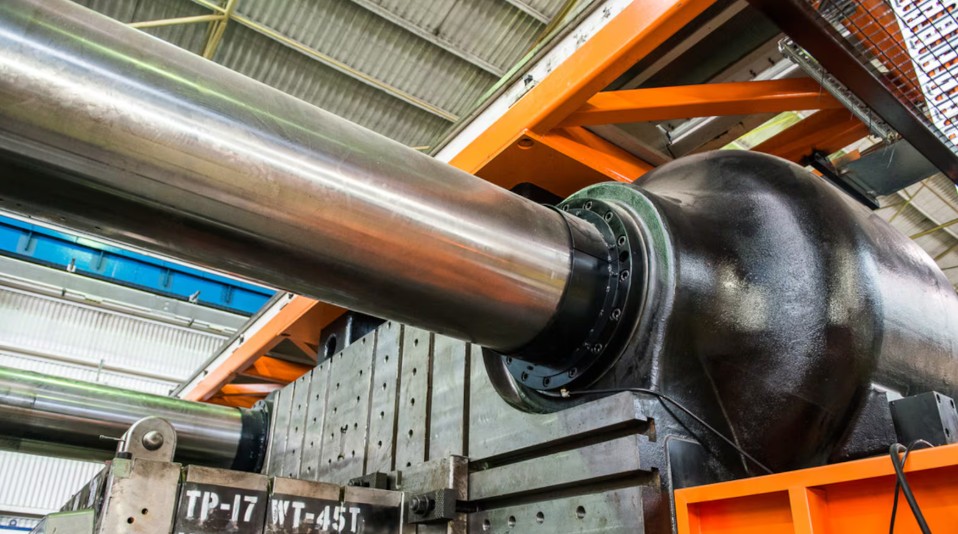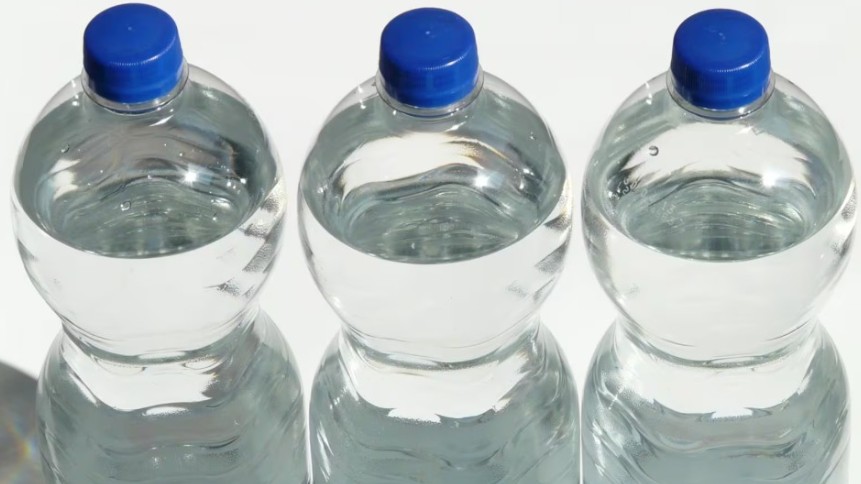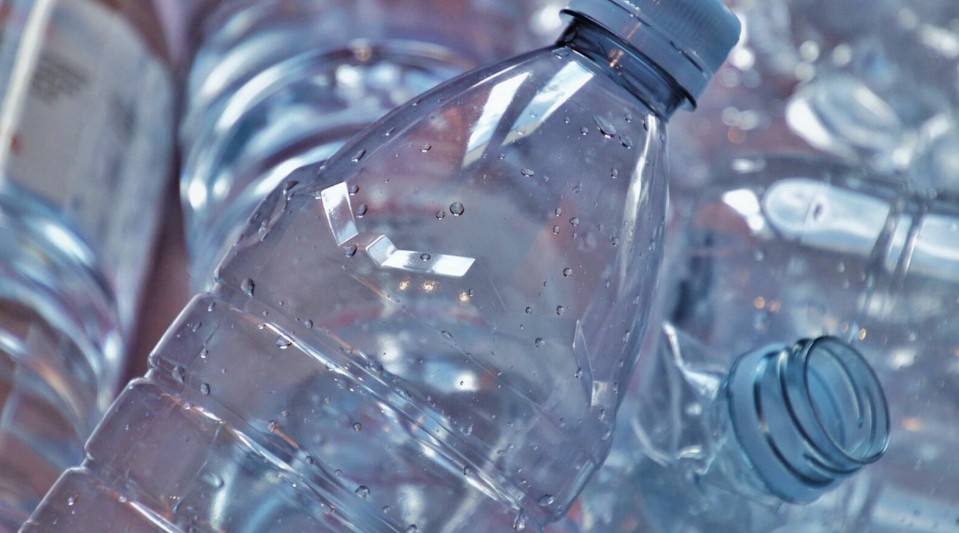Market trends
Shrink Films Made from Household Waste
Shrink Films Made from Household Waste
The chemical company Dow and the RKW Group have jointly developed two new plastics formulated with PCR. One of the two plastic resins consists of 100 % post consumer waste, while the second contains up to 85 %.
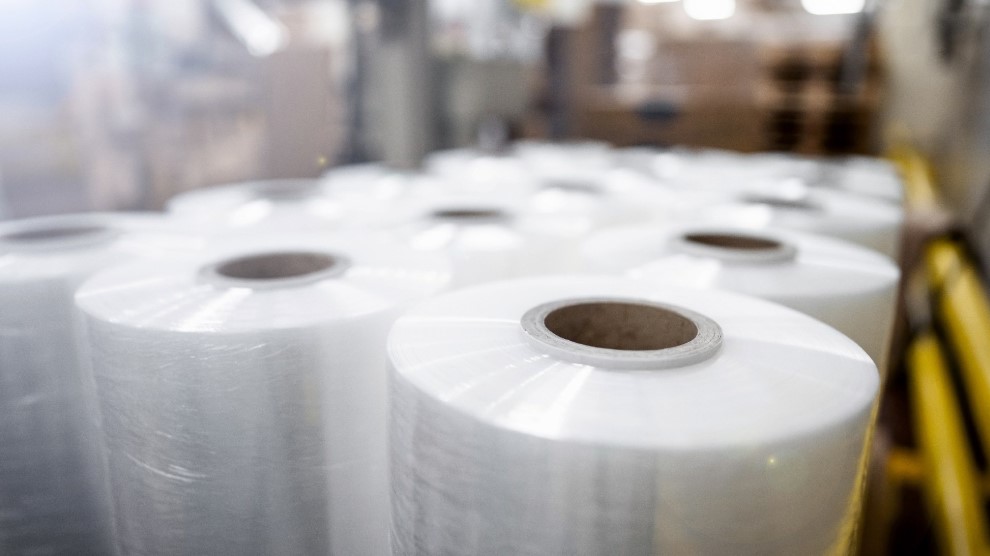
The new shrink films are approved for non-food packaging.
The new developments expand the company‘s sustainability portfolio and are approved for non-food packaging.
By combining Dow‘s materials science know-how with the extrusion and printing expertise of the RKW Group, plastic resins from household waste for shrink films have been created under the name Revoloop. In collaboration, a new collectible shrink film has been developed that combines recycled household plastic waste with virgin materCo
Compatible with Existing Recycling Processes
“The flexible packaging solution meets the high requirements for mechanical recycling and is compatible with existing recycling processes,” says Konrad Noniewicz, Director R&D & Application Engineering at the RKW Group. According to the company, the end product meets the high requirements of well-known brand owners around the world.
Until now, the plastics industry has struggled to maximize recycled plastics household waste to reach demanding applications such as collation shrink films, as it is more prone to contamination than waste from commercial or industrial sources. With the launch of Revoloop, the partners are tackling this challenge and achieving new goals in the circular economy and in reducing CO2 emissions.
By 2030, Dow aims to transform the waste and commercialize three million metric tons of circular and renewable solutions annually. To achieve this, Dow is expanding its efforts to advance circular and sustainable packaging. Aligned with these sustainability goals, the launch of Revoloop comes with a new promise to unlock even more value in plastic waste for customers and partners.



